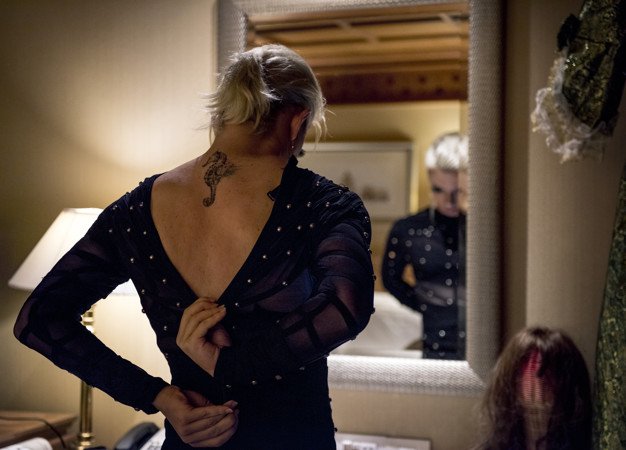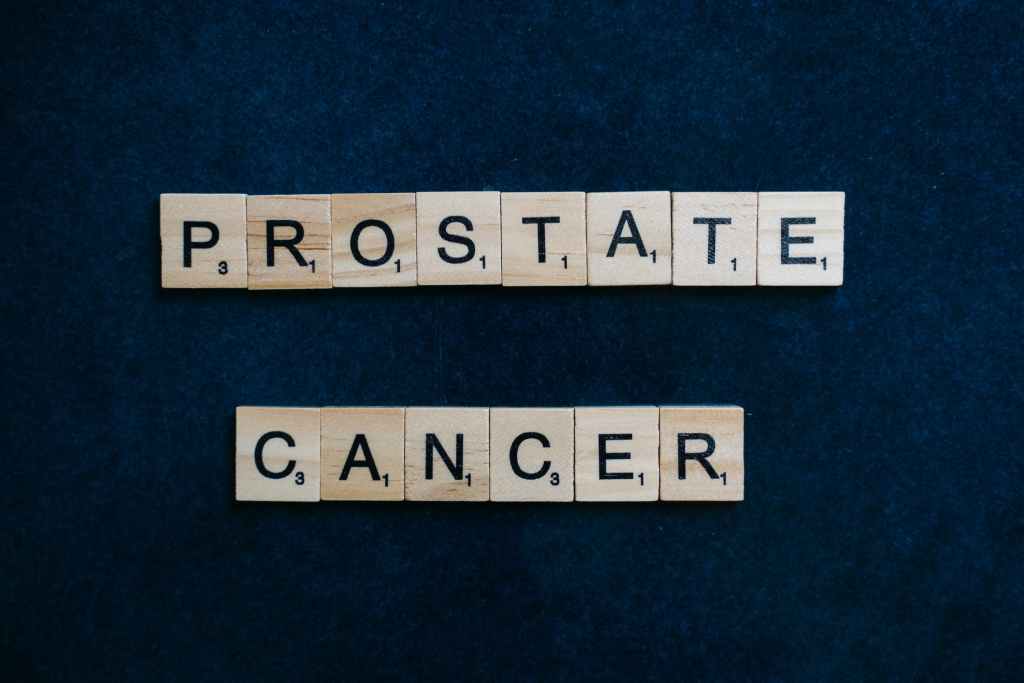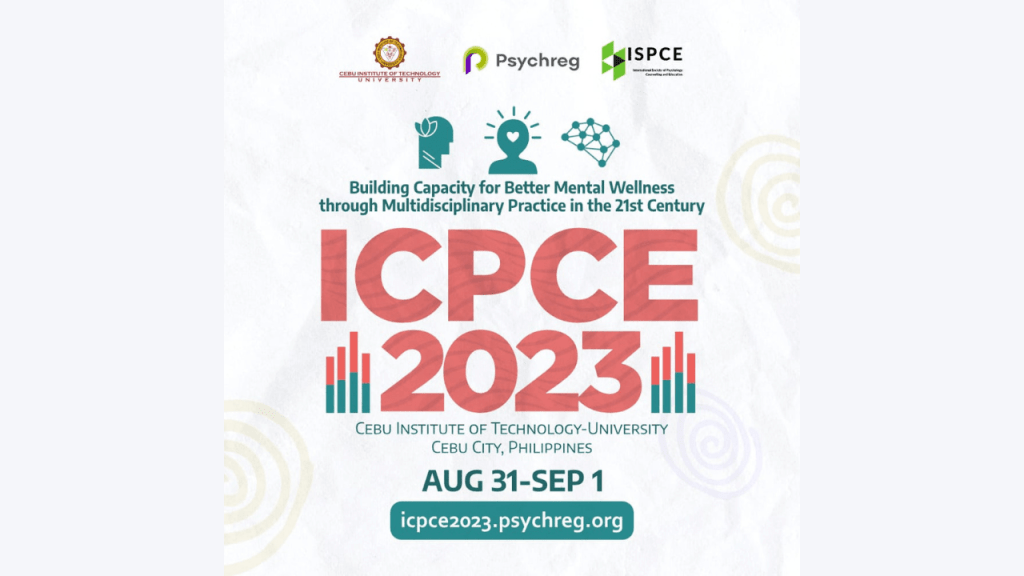Particularly in our society, we have erected those barriers with the souls who have been deeply hurt and are deeply troubled. We do not understand them so we may turn away from them. We live in our sheltered ways failing to fully embrace our neighbours and to love them as ourselves. Those in extreme states of mind, such as what is diagnosed as schizophrenia are examples of those that society is prone to shun.
The broken-hearted
“Schizein” implies divided or broken. “Phren” is translated as mind, however, Aristotle believed the ‘phren’ to be within the heart, not the cranium. Thus if we take a literal translation of schizophrenia we will find it means brokenhearted and such is an accurate description of such experience which leads to such a label.
What is defined as schizophrenia and psychosis is typically a state of chronic fear and terror. Individuals have been shattered by trauma. Within them, mental images of past events continue to haunt them. The inner voice (or conscience) which we all possess becomes amplified to a level where visual and auditory hallucinations become present. Grandiose thoughts arise as an attempt to either stave off depression or escape from the painful reality of a distressing situation and disordered world. Anti-psychotics have been used to diminish the hallucinations and other distressing behaviours, but they have never addressed the reactions of the person and the underlying trauma and factors that have led them to seek a departure from defined reality. Therefore, in collaborating with these individuals, we must meet them in their sense of reality.
Join them respectfully
We must join in respectfully and in a dignified manner, slowly and gently addressing the various disturbances in the thought process. We must uncover the hidden traumas and seek to “be with” the person as they develop new coping mechanisms. It is entirely possible for individuals even in states of severe mental anguish and distress to recover. The key is a relationship. That is what these individuals are lacking and need. They need to know that there may exist, if even but one, stable and loving relationships in a world so often filled with pain.
Fear leads to great emotional turmoil. Other so-called mental disorders also often arise from a sense of fear: a fear of individuals, a fear of society, a fear of having been hurt and possibly being hurt again, a fear of life, a fear of death, a fear of not understanding who we are or maybe even being afraid of discovering who we are or who we were, a fear of the uncertainty surrounding what we may become. A fear that maybe we are not a person or our identity as a person. A fear of challenges, a fear of not knowing the answers, or maybe a fear of not understanding the question or even a fear of not knowing what questions to ask. A fear of not being loved or maybe a fear of not knowing what love really is, or what it could be, or what we have been told that it is. A fear of being controlled, a fear of our freedom being taken away. Fear of what others may do to us, or have done to us or will continue to do to us.
Fear
This is the human condition; we all have levels of fear, some more, some less. We all have the desire for security, safety, or solace. If we begin to understand this, we will then begin to understand life, we will be able to connect with others, and realize that the only way out of this fear is for us to journey together. Life is a journey, it is filled with moments where we stray into thorns, yet it is filled with moments of delight. To truly describe the day, we must see the night. To truly describe that which is beautiful we must have something to compare it to. Thus, we have the conditions of suffering. We would not know joyfully unless we had something to compare it to.
The local crazy man
To the town, he is the local “crazy man” who wonders about, at times engaged in conversation with himself. An elderly man with an olive complexion, he is seen by some as a hopeless reject. Tonight I sat with him. We conversed about many topics. What a beautiful man, but with such a broken spirit. The psychiatrists and others have said here are a man beyond reason, one with no hope. Yet, I approached him with compassion and found our conversation most relevant and of interest. Here is a man who has seen the pain of the world and felt it too! We had a wonderful exchange and as he parted he thanked me and said thanks for being there and for a good conversation. Would many even dare speak to him? Would any dare be his acquaintance, much less his friend? I do not see a crazy man but a man who knows to suffer, a man who knows loneliness, a man who knows what man inflicts upon his fellow man. But in him, I see hope. In our conversation, he gives me the vision of what we must change to truly be human and to love again.
Finding one’s being
When I first encountered him he believed he possessed with him both God and Satan. He believed he could control the events of others and he heard voices that he said were spirits. He had a history of being homeless and past institutionalization. He said he was not born but manifested. I began my journey seeking to join him in understanding his experience. I found he had been adopted, often mistreated, and had early on believed his life was out of control. I discovered the voices were at times fragments of himself directing how he wished things to be, what he never had. He felt guilty for some of his reactions and for being in dire situations, this side was what he saw as Satan. He still felt there could be good to emerge within him and he wanted to make the world different and better, this was the Divine role he saw within himself. Over time he began to overcome the feelings of guilt, the Satan part faded away, and the voices lessened. He didn’t see himself actually as God but as one chosen. Because he had been made to feel powerless, he wanted power, he wanted to be able to know and see things before they happened. He wanted to control the uncontrollable. He could not accept what appeared absurd. As we dialogued further he began to understand this desire for power and he related that he could see God within him but maybe he did not actually possess the qualities of God he once thought he had. Gradually he became more interested and engaged in the world of others, he found more positive outlets to engage in, outlets that were creative rather than destructive. He was able to begin work as well and was commended for his work ethic and soon obtained his own residence. He began to reintegrate a sense of being in the world and being with others. He decided to pursue academics and was very passionate about this. He stated he began to feel empowered by the support around him and recognised his inner strengths and decided to be defiant towards his past. He said he no longer needed to believe the things he once did as now he felt he was becoming truly human again.
Dan L. Edmunds, EdD is a psychotherapist and psychoanalyst whose work has focused on autistic empowerment and supporting those undergoing extreme states of mind.




























